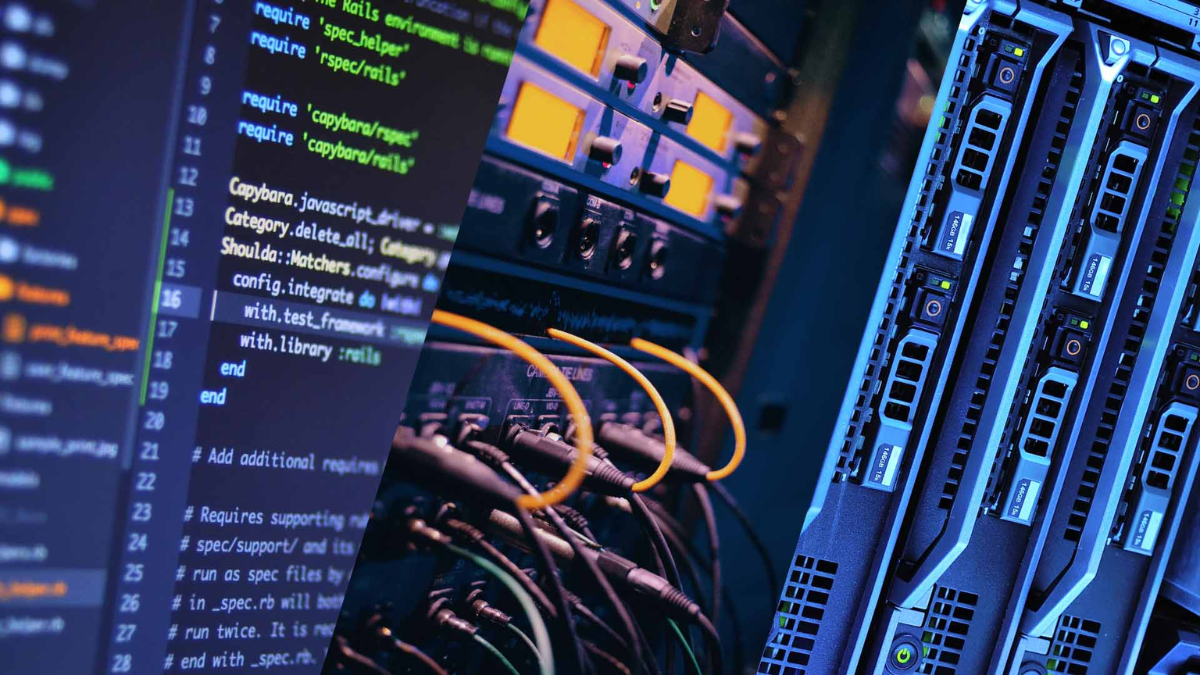As we step deeper into the second half of the 2020s, two of the most ground-breaking technologies—quantum computing and artificial intelligence —are converging to form an entirely new frontier: Quantum AI. This powerful fusion holds the potential to solve problems that are far beyond the capabilities of today’s most advanced supercomputers.
From healthcare and logistics to climate modelling and cybersecurity, Quantum AI promises to reshape how we approach and solve complex challenges. While still in its developmental phase, 2025 is already witnessing early signs of real-world impact—and industry experts are watching closely.
What Is Quantum AI?
Quantum AI refers to the application of quantum computing principles to artificial intelligence models. Unlike classical computers, which process information in binary (0s and 1s), these computers use qubits, which can represent both 0 and 1 simultaneously, thanks to a property known as superposition.
This allows quantum machines to perform computations at speeds exponentially faster than traditional systems. When merged with AI, this enhanced power enables breakthroughs in:
- Machine learning training speed
- Optimization of vast data sets
- Accurate simulations in uncertain environments
- Cryptography and cybersecurity
Why Quantum AI Matters in 2025
The exponential growth in data and the demand for more powerful, adaptive AI systems are outpacing the processing capabilities of current hardware. It represents the next logical step.
Key Applications Emerging This Year:
- Pharmaceuticals: Quantum AI is simulating protein folding to accelerate drug discovery.
- Finance: Risk assessment and fraud detection are enhanced through faster, more accurate predictive models.
- Climate Modeling: It helps forecast climate scenarios with higher accuracy by factoring in trillions of environmental variables.
- Logistics & Supply Chains: Optimization algorithms are solving route planning problems in real-time, saving costs and emissions.
Expert and Industry Feedback: What People Are Saying
United States
🔹 Dr. Megan Fields, Researcher at MIT Quantum Lab:
“In 2025, we’re seeing Quantum AI models shrink molecular simulation timelines from months to hours. That’s not just a speed-up—it’s a revolution.”
User Rating: ★★★★★ (5/5)
🔹 Eli Turner, CEO of Finverse (Quantum AI-powered trading platform):
“Our risk models now evaluate market positions 70% faster with far more nuanced predictions. Quantum AI is the edge we needed.”
User Rating: ★★★★☆ (4.7/5)
United Kingdom
🔹 Dr. Aisha Mahmud, Cambridge Quantum Research:
“Quantum-enhanced neural networks have moved out of theory into reality. It’s now about scale and commercial application.”
User Rating: ★★★★★ (5/5)
🔹 Sophie R., Logistics Director in Manchester:
“Since adopting a quantum-AI logistics tool, our delivery route planning went from 2 hours to under 3 minutes. The time savings are massive.”
User Rating: ★★★★☆ (4.6/5)
Quantum AI vs Traditional AI: What’s the Difference?
| Feature | Traditional AI | Quantum AI |
| Data Processing | Sequential and limited | Parallel and massively scalable |
| Speed | Dependent on hardware | Exponentially faster with quantum gates |
| Learning Models | Requires large datasets | Can work with smaller, complex datasets |
| Simulations | Approximate | Near-exact in quantum systems |
| Current Accessibility | Widespread, affordable | Limited, high-cost, experimental |
While traditional AI still dominates in consumer applications, Quantum AI is making its mark in enterprise and scientific domains where massive computation is essential.
Barriers to Adoption in 2025
Despite the promise, This AI faces several hurdles:
- Hardware Limitations: Quantum computers require cryogenic conditions and are extremely expensive.
- Error Rates: Qubits are fragile and prone to errors, making sustained calculations difficult.
- Skill Shortage: There’s a global lack of professionals trained in both quantum computing and AI.
- Ethical Oversight: As with all AI systems, ensuring transparency, fairness, and accountability in quantum systems is critical.
However, governments and tech giants alike are investing heavily in overcoming these challenges. IBM, Google, Microsoft, and the UK government’s National Quantum Computing Centre are all active players.
Who’s Leading the Quantum AI Race in 2025?
| Company/Institute | Focus Area | Notable Progress |
| Google DeepMind | Quantum-enhanced neural networks | 2025 beta trials |
| IBM Qiskit | Hybrid classical-quantum AI tools | Widely used SDK |
| Cambridge Quantum | Secure quantum AI for encryption | Leading in the UK |
| IonQ & Microsoft Azure | Quantum cloud + AI access | Enterprise-ready |
| PsiQuantum | Photonic quantum computing + AI | Advanced R&D |
These pioneers are pushing forward not only with hardware, but with quantum machine learning (QML) frameworks, such as TensorFlow Quantum and Penny-Lane.
Ethical and Societal Considerations
With such immense power comes immense responsibility. Experts are raising questions:
- Will this AI widen the tech gap between nations?
- Can it be misused in surveillance or warfare?
- Will breakthroughs in AI problem-solving diminish human decision-making roles?
Ethicists advocate for international collaboration and policy frameworks to guide development. The UK’s Centre for Data Ethics and Innovation and the US’s National AI Initiative Office are already forming joint panels on Quantum AI governance.
The Road Ahead: What to Expect Beyond 2025
Though still in early stages, by 2030, this AI is expected to:
- Power global weather simulations to forecast disasters weeks ahead
- Deliver real-time language translation with cultural and emotional nuance
- Redefine materials science with ultra-accurate atomic simulations
- Enable AI systems to learn and adapt with far fewer resources
Most importantly, Quantum AI won’t replace classical AI. Instead, it will complement it, offering unmatched capabilities for hyper-complex problem solving while traditional AI continues driving everyday smart applications.
Final Thoughts: A Leap for Humanity
In 2025, Quantum AI stands not at the edge—but at the dawn—of a revolutionary new computational era. It’s where the strange elegance of these mechanics meets the relentless adaptability of artificial intelligence. This convergence isn’t just about faster processing or deeper neural networks. It’s about reimagining what’s possible.
Quantum AI doesn’t merely calculate—it discovers. It doesn’t just mimic intelligence—it evolves it. We’re entering a world where once-impossible challenges—like modeling protein folding in seconds, forecasting financial crises with eerie precision, or optimizing global supply chains in real-time—are no longer the stuff of science fiction.
Though not yet fully mainstream, the early tremors of this revolution are being felt across critical sectors. In life sciences, it’s accelerating drug discovery; finance, it’s redefining risk assessment. In national security, it’s unlocking new dimensions of strategic defense. Every stabilized qubit, every retrained neural net, every paper published is a step toward a reality where intelligence isn’t just artificial—it’s quantum-native.
For businesses, the time to act is now: to invest in quantum-ready infrastructure, to cultivate the rare talent who can bridge two of the most complex scientific fields, and to prepare for regulatory frameworks that protect innovation without stifling it.
For scientists and engineers, this is a once-in-a-generation moment to shape machines that think in ways we’re only beginning to understand.
And for society at large, it’s an invitation to imagine a future where complexity no longer equals impossibility—where the unsolvable becomes solvable, thanks to the unprecedented synergy of this AI
The era of Quantum AI isn’t approaching. It has already begun. And those bold enough to engage with it today will shape the architecture of tomorrow.





















